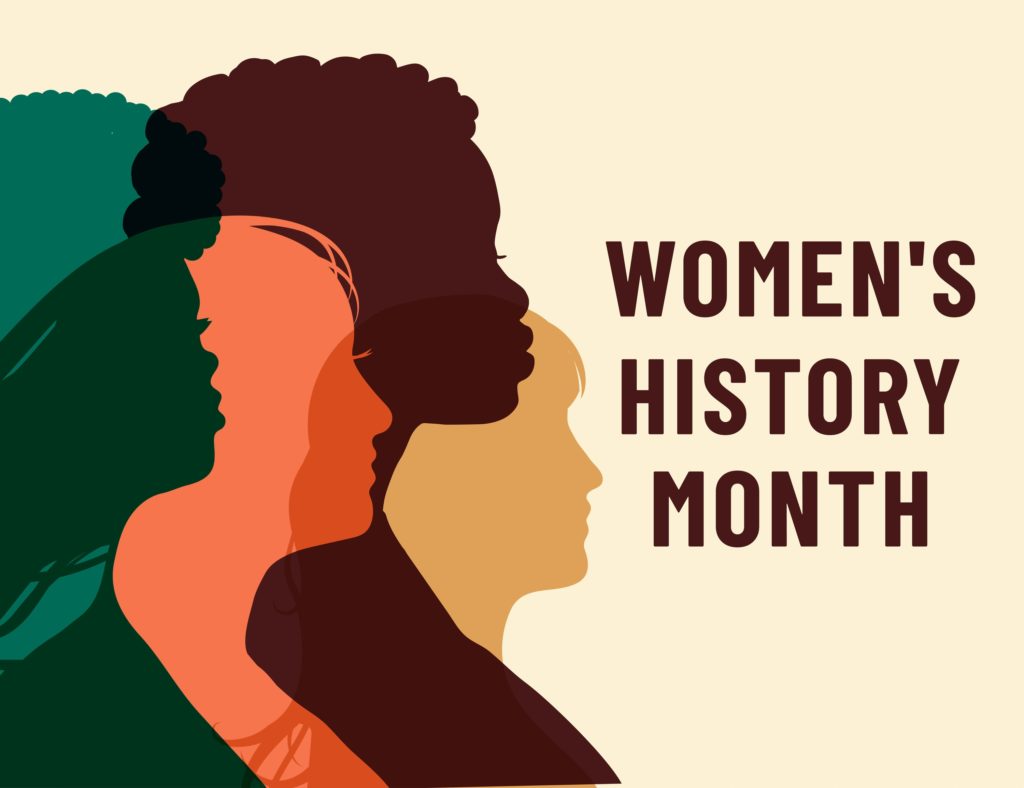Meet the Women Engineers Who Shaped History (Women’s History Month – March)

Women might be underrepresented in science, technology, engineering, and math (STEM), but they’ve played a crucial role in its history. For Women’s History Month, check out this list of women who’ve made giant strides in STEM:
Edith Clarke, born in 1883, was the first woman to be employed as an engineer in the U.S. A supervisor for General Electric and a college professor, Clarke is perhaps best known for her invention the Clarke calculator, an early version of a graphing calculator. Clarke was also an IEEE fellow.
Katharine Burr Blodgett, born in 1898, was a renowned female engineer who worked in molecular engineering. Her work with monomolecular coatings led to enhancements in a number of devices, including eyeglasses and cell phone cameras.
Katherine Johnson, born in 1918, was a mathematician who joined NASA in 1952. Johnson is famed for developing calculations of orbital mechanics that made the 1969 moon landing possible. She was also one of the first Black women to work for NASA.
Patricia Bath, born in 1942, was an American ophthalmologist and inventor known for creating revolutionary technology for treating and removing cataracts. She was also the first African American doctor to obtain a medical patent.
Jennifer Doudna, born in 1964, is an American biochemist awarded the 2020 Nobel Prize in chemistry. Doudna won the award alongside her colleague, Emmanuelle Charpentier, for inventing CRISPR, a revolutionary gene editing tool that can cure genetic diseases.
Emmanuelle Charpentier, born in 1968, is a French microbiologist awarded the 2020 Nobel Prize in chemistry. Charpentier won the award alongside her colleague, Jennifer Doudna, for inventing CRISPR.
Marissa Mayer, born in 1975, was the first female engineer to work at Google. She later became the first woman to lead a Fortune 500 company after becoming CEO of Yahoo.
Dr. Timnit Gebru, born in 1982 in Ethiopia, is the co-founder of Black in AI and was formerly the technical co-lead of the Ethical Artificial Intelligence Team at Google. Gebru is known for her research into reducing the harmful impacts of racial bias in data used to train artificial intelligence systems.
Learn more about Girls in STEM by exploring IEEE TryEngineering.













